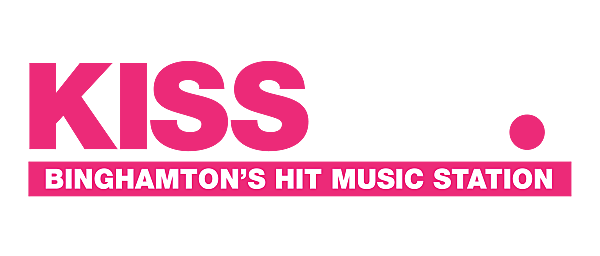
What You Need To Know During A Food Recall
When I shop for groceries, I will usually purchase a generic store brand product if one is available over the national brand. Most times, the generic store brand product is just as good as the national name brand in my opinion.
But, a few weeks ago, I decided to test my theory and buy a famous name-brand jar of chunky peanut butter. I couldn't really tell a difference. I had gone through about a third of the jar before finding out that a recall had been placed on that particular brand (among others) of peanut butter.

I think that's the first time I've ever experienced a recall for food. Thinking back, I think I had a mild reaction to the recall which was issues due to salmonella. I threw the jar of crunch peanut butter away. But is that what I should have done?
According to the U.S. Food and Drug Administration, if I wanted my money back, I should have returned the product to the store. But throwing it away in the trash is acceptable. The FDA says to be sure to dispose of the product properly. If it’s contaminated, wrap it securely before putting it in the trash
And there are some other things you should be aware of when it comes to possessing contaminated foods. For example, do not give the product to others, such as a food bank. And don't feed contaminated food to a pet.
Be sure to clean any surfaces that may have been in contact with contaminated food. The FDA recommends you sanitize the surface with a solution of one tablespoon of chlorine bleach to one gallon of hot water and dry with a clean cloth or paper towel that has not been previously used.
Finally, if you have any symptoms of a foodborne illness or an allergic reaction, contact your health care provider, and you can report issues to the FDA or the company that distributed the product.
via the U.S. Food and Drug Administration
The Four Most Expensive Homes for Sale in Binghamton
